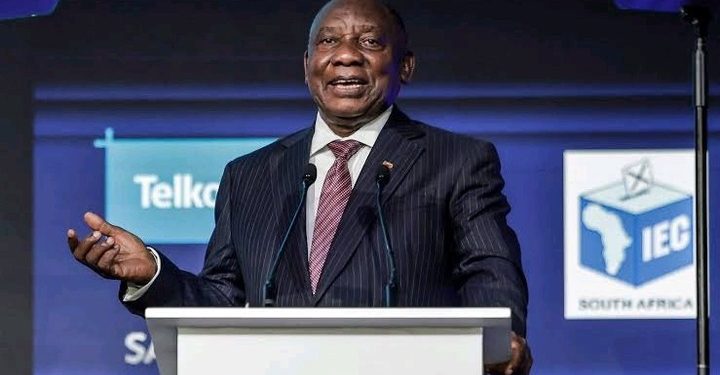While President Cyril Ramaphosa’s foreign policy earns international praise, a disconnect persists at home where some remain wedded to outdated perspectives. As the world increasingly views South Africa as an influential global player, portions of domestic commentary appear stuck in a bygone era of foreign policy thinking.
Recent years have seen Pretoria emerge as a sought-after partner in peace mediation, climate action, and multilateral diplomacy. Ramaphosa’s administration has skillfully navigated complex global dynamics – strengthening ties across Africa while engaging constructively with both traditional and emerging powers. From brokering continental trade agreements to shaping climate finance discussions, South Africa’s balanced approach has won recognition as a pragmatic yet principled voice in international affairs.
“South Africa demonstrates how middle powers can maintain strategic autonomy while building productive partnerships,” noted a recent report from a Brussels-based think tank. Similar assessments from Washington to Beijing highlight growing appreciation for Pretoria’s nuanced diplomacy in an increasingly multipolar world.
Yet some local analysts remain trapped in a zero-sum mindset that views international engagement as inherently compromising. Their critiques often reflect Cold War-era suspicions rather than contemporary geopolitical realities where economic and security challenges demand cooperative solutions. This dissonance between South Africa’s actual global position and outdated domestic narratives risks constraining the nation’s foreign policy potential.
The disconnect reveals a deeper challenge: as South Africa’s international influence grows, its public discourse must evolve accordingly. While healthy skepticism remains essential, constructive criticism should engage with current global complexities rather than rehearse ideological positions from previous decades.
Ramaphosa has restored South Africa’s place at key global tables. Now the nation faces a parallel task: aligning domestic foreign policy debates with the opportunities and responsibilities of its hard-won international standing. In an interconnected world where pandemics, climate change and economic stability demand collective action, South Africa cannot afford foreign policy debates stuck in the past. The quality of its global engagement increasingly depends on developing a sophisticated, reality-based consensus at home.






















